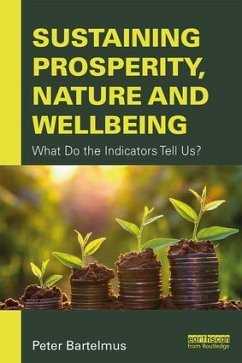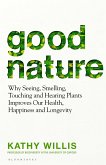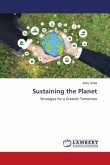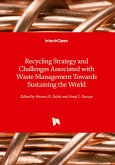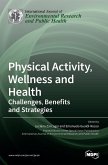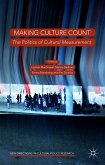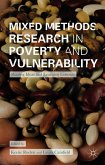This book explores what is needed for an overall evaluation of the prosperity and wellbeing of people within a framework of sustaining the economy, environment and development. The book begins by assessing the validity of available data, indicators and indices in decision and policy making. It describes what the data tell us about the effects of economic activity on the quality of life and prosperity of people and nations, now and in the future, and highlights how a reliance on partial and distorted information can thwart rational policies. It also examines whether less tangible notions of wellbeing and happiness lend themselves to quantification and prediction. Overall, Bartelmus demonstrates the need for integrated accounting and analysis to revise policy priorities around environmental, social, economic and sustainability concerns. Confronting the persisting polarization of environmentalists and economists, this book will be of great relevance to students, scholars and professionals with an interest in environmental and ecological economics, sustainability indicators and their use in integrative policy.¿
Hinweis: Dieser Artikel kann nur an eine deutsche Lieferadresse ausgeliefert werden.
Hinweis: Dieser Artikel kann nur an eine deutsche Lieferadresse ausgeliefert werden.

